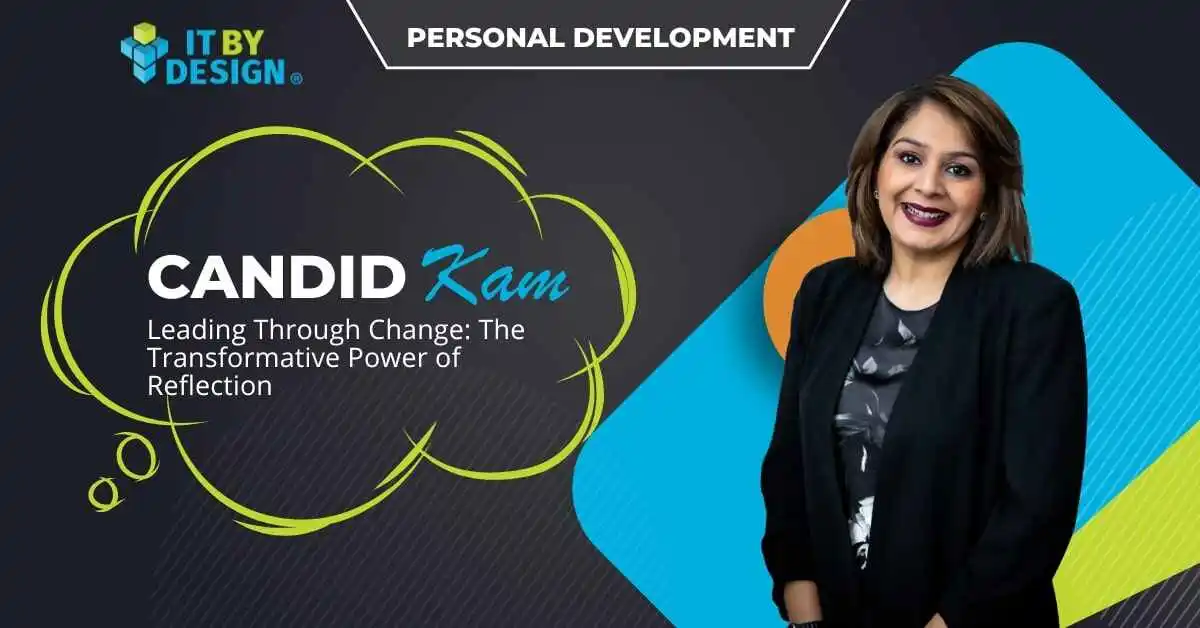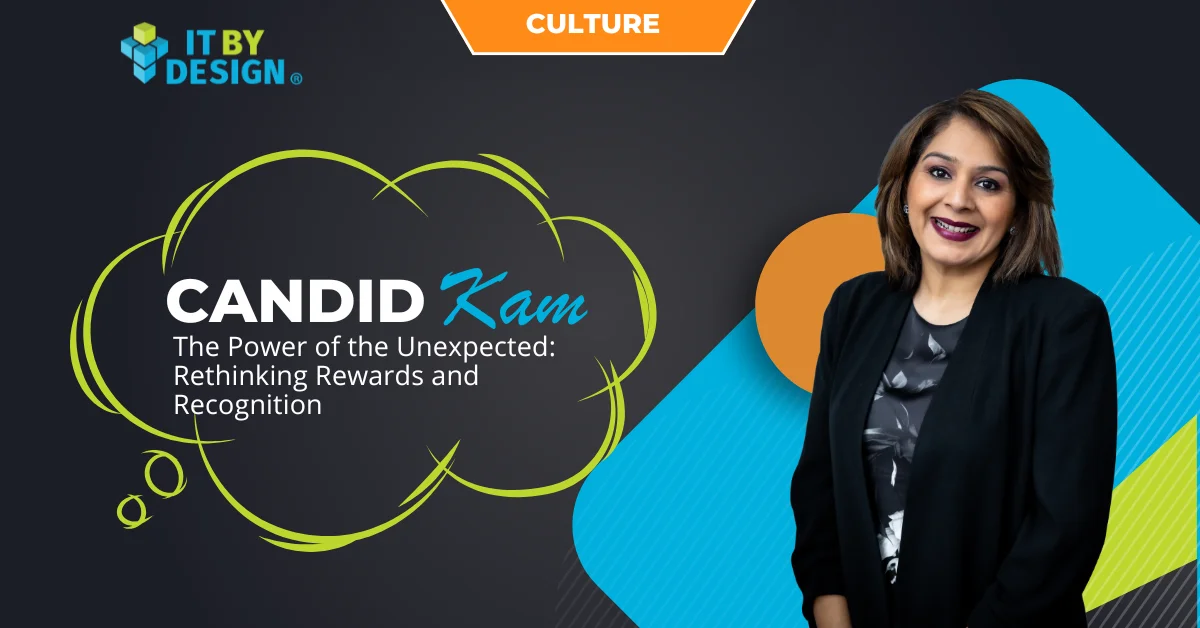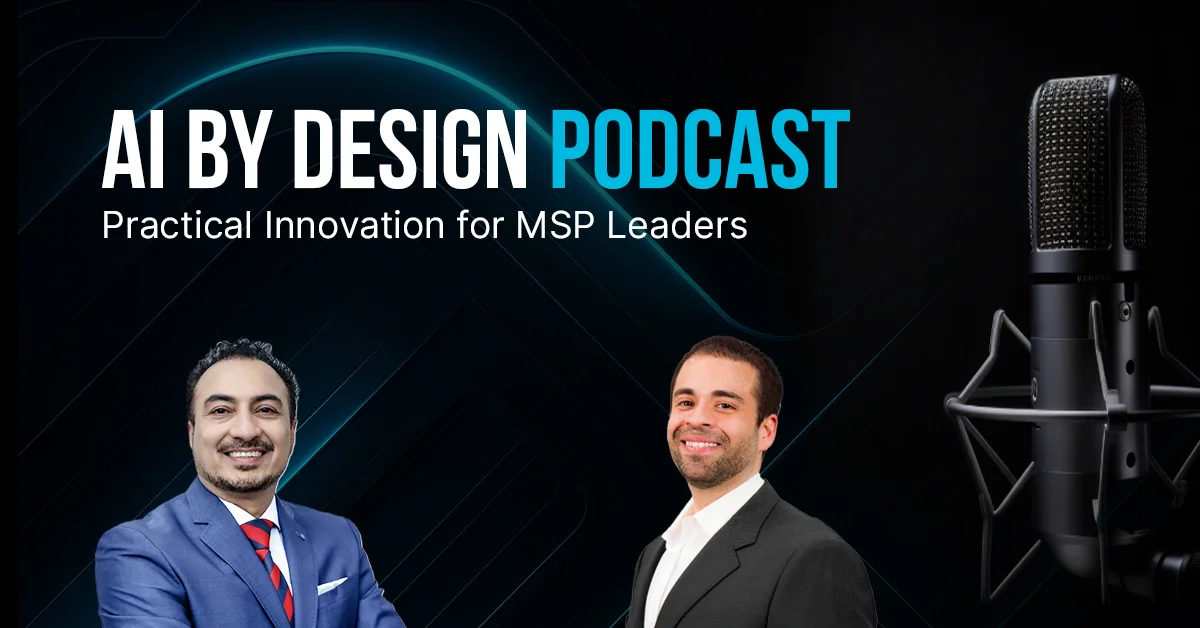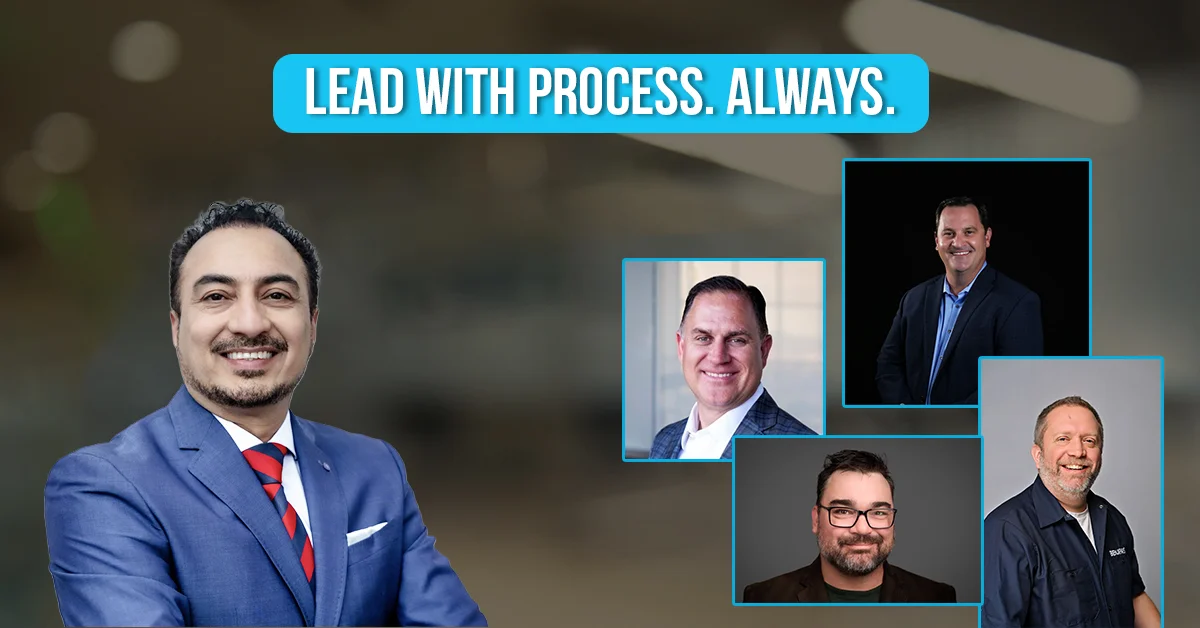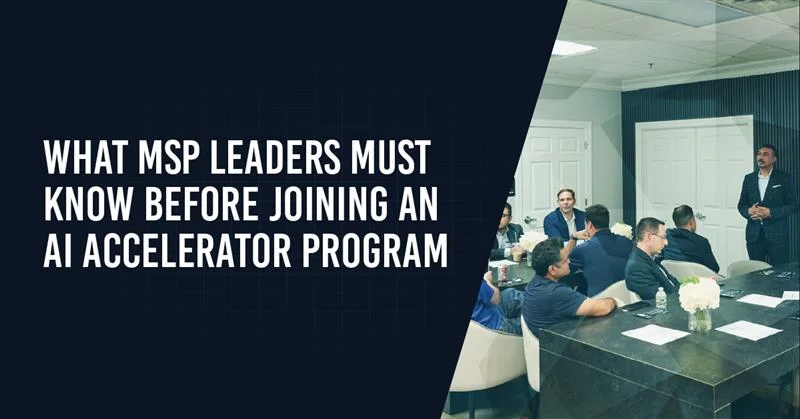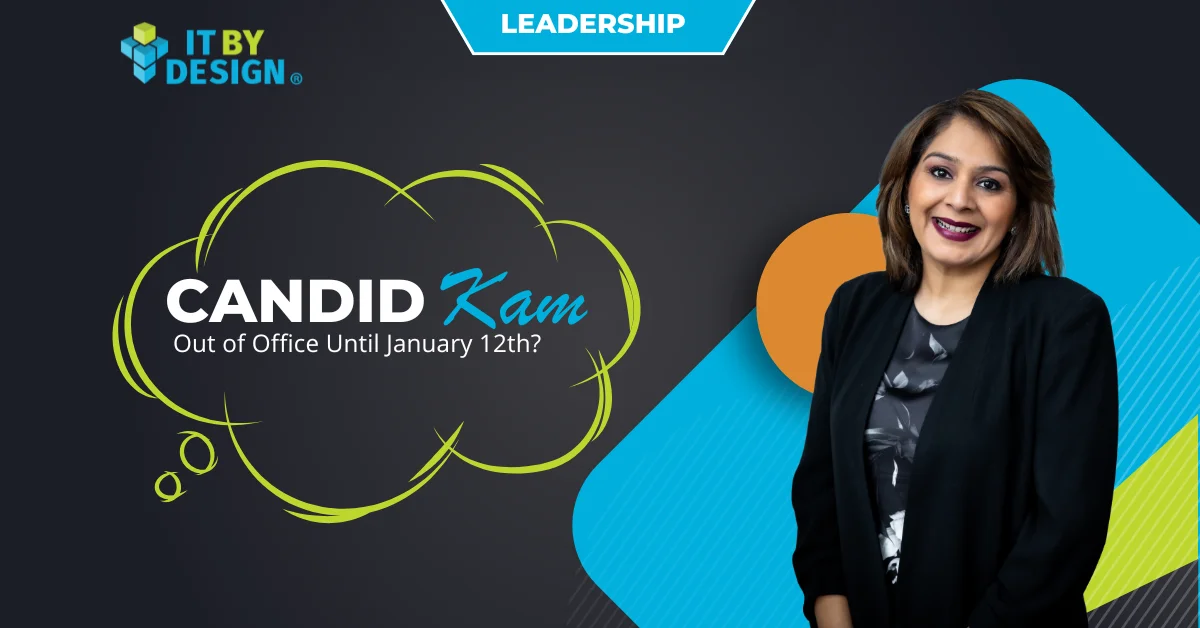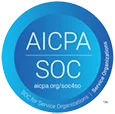A few weeks ago, I attended John Maxwell’s leadership peer group—an annual event that I look forward to every year. It’s an opportunity to replenish my energy and gain valuable insights; it fills my leadership cup. While I may be the one attending, I’m always eager to share with all of you the many lessons I learned during those three days. These lessons are insightful and deeply impactful for leaders, so over the next few weeks, I will be sharing them with all of you.
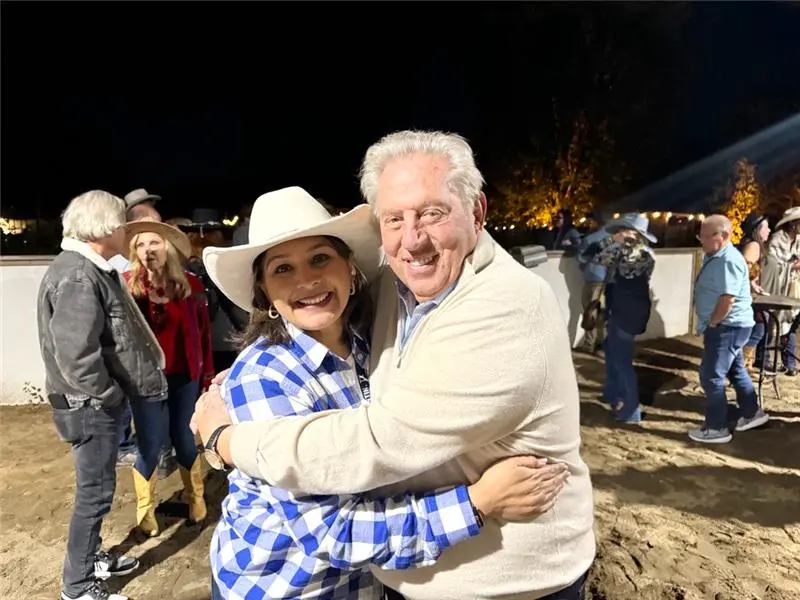
Change is an inevitable part of life, both personally and professionally. Just as organizations reflect at the close of a calendar year when planning for the new one, individuals should also reflect on their past year before starting their own planning. Strong emotions often accompany change, whether personal or professional, and as leaders, we must channel these emotions productively to reflect on our past experiences and lead effectively moving forward.
The power of reflection is a vital tool for growth and adaptation. By evaluating our experiences over the past year, we can identify what worked, what didn’t, and what we learned. Emotional moments, whether positive or negative, often leave the strongest impressions and provide the greatest opportunities for learning. To grow as leaders, we must take time to assess these experiences with intentionality.
Here’s how to approach this reflection:
- Identify what you loved about an experience: Think about moments that brought you joy or satisfaction. What made these experiences meaningful?
- Extract lessons from challenging experiences: Instead of dwelling on negativity, focus on the lessons learned. Even difficult moments can provide valuable insights.
- Embrace a growth mindset: In life, we’re either winning or learning. Every experience, whether a success or a setback, offers an opportunity for growth.
We cannot expect to create meaningful change if we don’t learn from our past. Reflection is not limited to major events; it includes day-to-day interactions, activities we enjoy, those we don’t, and milestone moments that shaped us. By understanding what worked and what didn’t, we can approach the new year with clarity and purpose.
As the saying goes: “Fool me once, shame on you. Fool me twice, shame on me.” Learning from our experiences ensures we don’t repeat the same mistakes. It also helps us replicate successes in the future.
To guide your reflection process, consider these six key reflection questions:
1. What did I learn this year?
- Identify the key takeaways from both positive and challenging moments.
2. Was there a lesson in each experience?
- Reflect on what each moment taught you, even if it wasn’t initially obvious.
3. Who should I spend more time with next year?
- Evaluate relationships that uplift, inspire, or contribute positively to your growth.
4. Who should I spend less time with?
- Consider distancing yourself from relationships or activities that drain your energy or hinder progress.
5. What did I love about my experiences?
- Identify elements of joy and fulfillment to incorporate more of them into your life.
6. What changes will I make based on these reflections?
- Determine actionable steps to create better outcomes moving forward.
Leading through change requires reflection, intention, and a willingness to adapt. By evaluating your experiences and learning from them, you can navigate change with confidence and purpose. So, before you start making those New Year’s resolutions, use these questions to guide your journey, ensuring that you make meaningful changes to your life and are intentional about reflecting on the past and learning from it.

